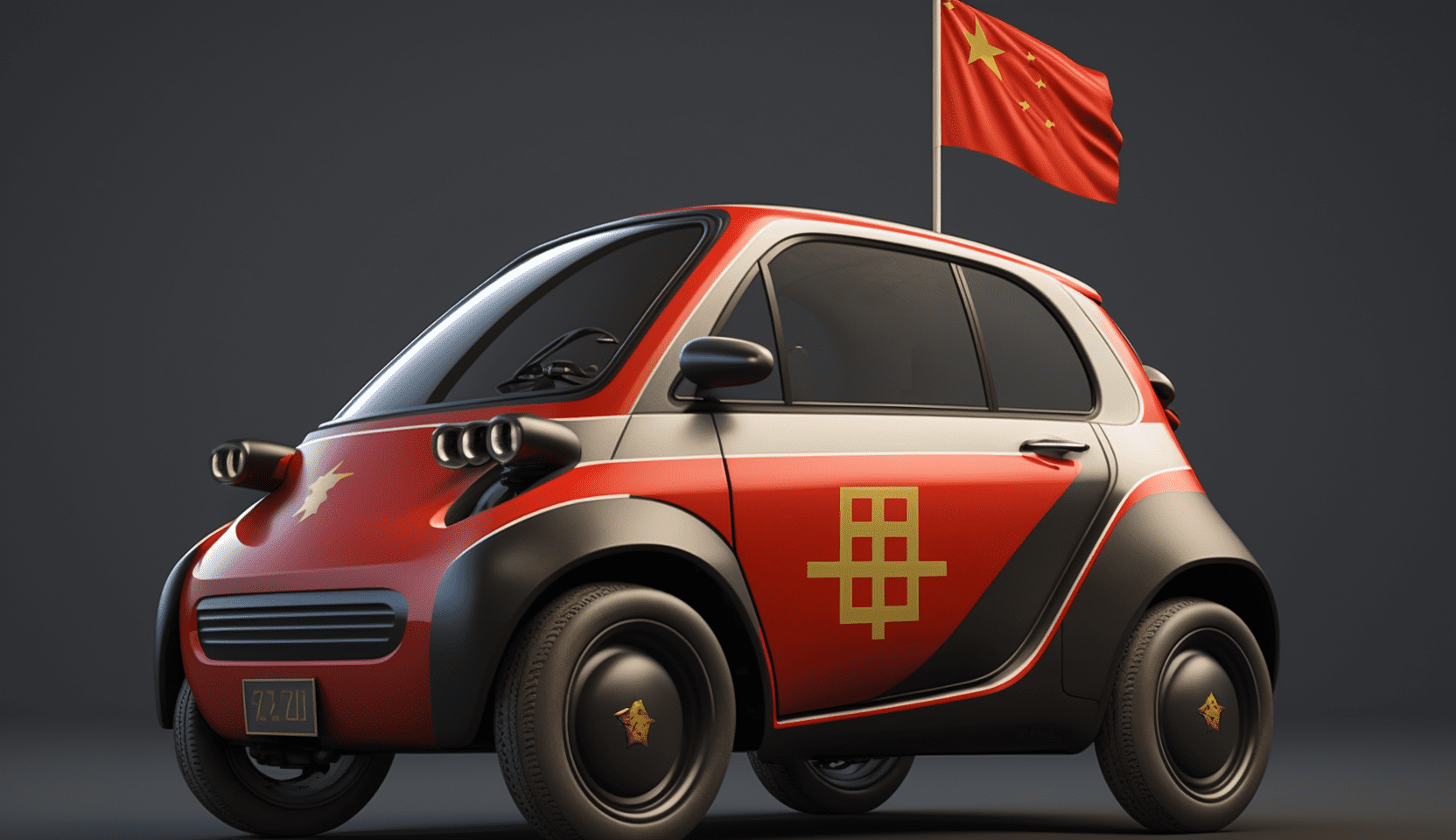
The other day, a murmur went through the automotive industry once again. VW’s digital spin-off “CARIAD” got new bosses and protagonists again. The current VW CEO, Blume, had been dissatisfied with the company’s performance.
The digital preventers
VW and IT in the car – this has always been a precarious affair in recent years. The ID.3, a fairly efficient electric car, was still equipped with software that could be described as “beta” at best, even when delivered. Added to this was the hardware. The chips installed in the first models were so undersized that first-generation updates became increasingly difficult. We no longer want to talk about OTA (over the air).
Why is that?
Digitization and Germany are antipodes. You can see that most clearly when doing typical administrative tasks. Most of Germany’s administrations still work in the traditional, paper-based way. Admittedly, every new government announces that it wants to accelerate the “digitization” of the country and ultimately make it “state-of-the-art.” However, The bitter reality is that no European country still has as many fax machines in operation and processes that produce minute results with a lot of effort. Most recently, these machines made a career during the Corona pandemic, as case numbers were transmitted by fax. And then decisions about digitization are made by people who, for the most part, have little idea. That’s the biggest problem, besides the fact that digitization would make many civil servants redundant. Honi soit qui mal y pense.
Developers are no better
Top German developers, if they exist at all, go abroad. Often to the USA. Politically, Germany’s remaining IT specialists are certainly in the wokeness top league. They fight in the front line on social media. When it comes to applications, however, they regularly undercut the benchmark. This is probably also why exceptional apps made in Germany are so rare. Even the example of SAP doesn’t hold water because if you want to subordinate yourself as a company to this “software giant,” you have to have a lot of patience and money. And then there is the DSGVO, an invention of a German Green European politician, which constantly stands in the way of faster development because of how it is shaped. There it is again, the political component.
Speaking of SAP
This brings us back to CARIAD. They wanted to become the largest and most successful German software company next to SAP. They are further away from this goal than ever. Audi and Porsche are, therefore, still eagerly awaiting the planned new OS, which is supposed to eliminate all competitive disadvantages. This has now been pushed back far. But replacing the management team seems more like replacing the coach of a soccer team – in this case, however, by coaches who are quite clueless.
What’s the reason?
It has something to do with culture and education. George Friedman wrote in his book ‘The Next 100 Years’: “You can’t have a modern economy without computers and corporations, and if you are going to program computers, you need to know English, the language of computing.“
That would at least describe and put the education issue into perspective. But the cultural component (and why the U.S. is still the leader here) is probably far more important. Friedman:
“Nothing exemplifies American culture more than the computer, and nothing has transformed the world faster and more thoroughly than its advent. The computer, far more than the car or Coca-Cola, represents the unique manifestation of the American concept of reason and reality.“
Possibly Friedman was completely on 12 here – before the advent of autonomous driving, AI, ChatGPT & Co. In an essay from 2018 on Medium, I had already dealt with the (German) problem – but at that time not yet specifically related to the car industry.
The fact is that the further development of the automobile, of electromobility, depends directly on future digital know-how. The avant-garde makes the race here. And you won’t find them in Germany (anymore), but in the USA and – this is the real revelation – in emerging countries like China, India & Co.






